|
Note: You must be registered in order to post a reply.
To register, click here. Registration is FREE!
|
| T O P I C R E V I E W |
| Barnsie |
Posted - 10/22/2017 : 20:49:11
Actinic keratosis and basal cell carcinoma case study using dehydroascorbic acid vitamin C serum.
Small Molecule Dehydroascorbic Acid Vitamin C (DHAA) serum shows promise by reversing extensive Actinic Keratosis and Basal Cell Carcinoma caused by excess exposure to sunlight.
Comprehensive video interview and full report with complete before during and after photos at
http://www.vitaminc.kiwi/keratosis_case_study.html
The subject has had progressive keratosis and basal cell carcinoma disease for over 20 years.
He has been unable to prevent the progression of both precancerous conditions even after enduring multiple surgical, cryogenic (freezing), immune system activating treatment cycles with creams like Imiquimod and Aldura. He has also tried non-conventional treatments including multiple black salve applications.
Before and after photos cover a 10 week period in a 14 week treatment cycle. I will update pics and text on this post when the trial has run it's course. I would be interested in hearing the comments of the group.
Below - Actinic keratosis/basal cell carcinoma patch before application of DHAA Vitamin C Serum
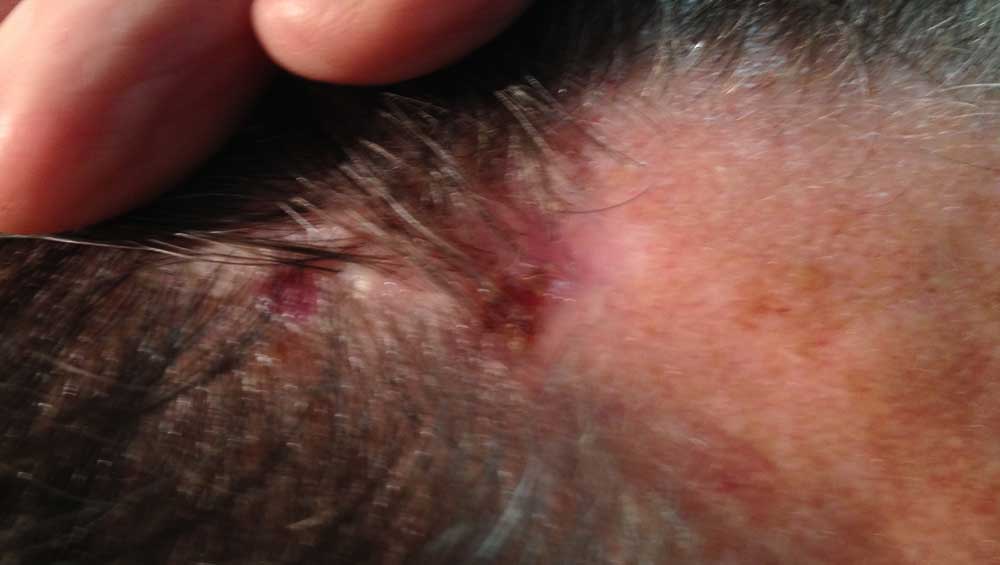
Below - Actinic keratosis/basal cell carcinoma patch after 10 weeks application of DHAA Vitamin C Serum
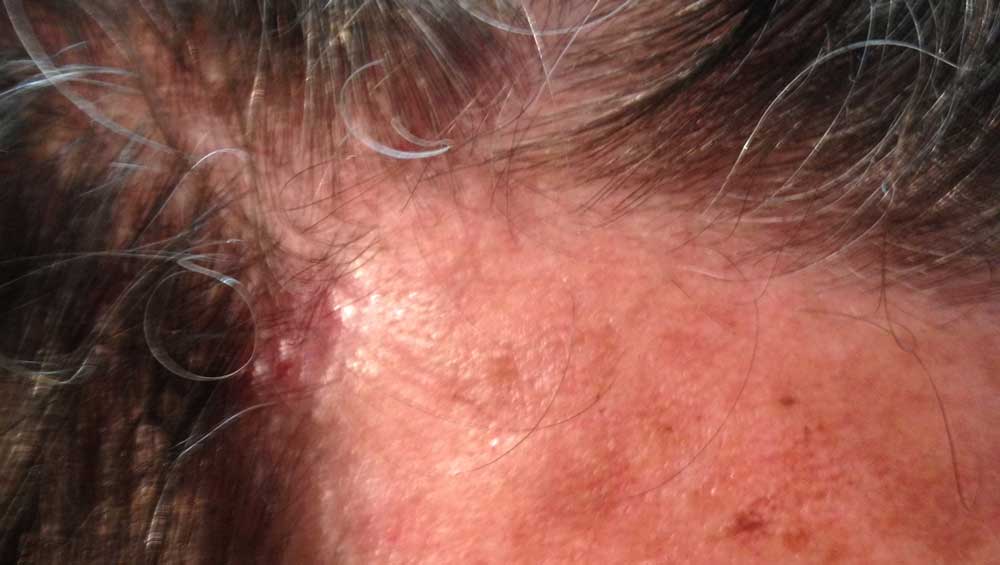
Below - Actinic keratosis/basal cell carcinoma patch before application of DHAA Vitamin C Serum
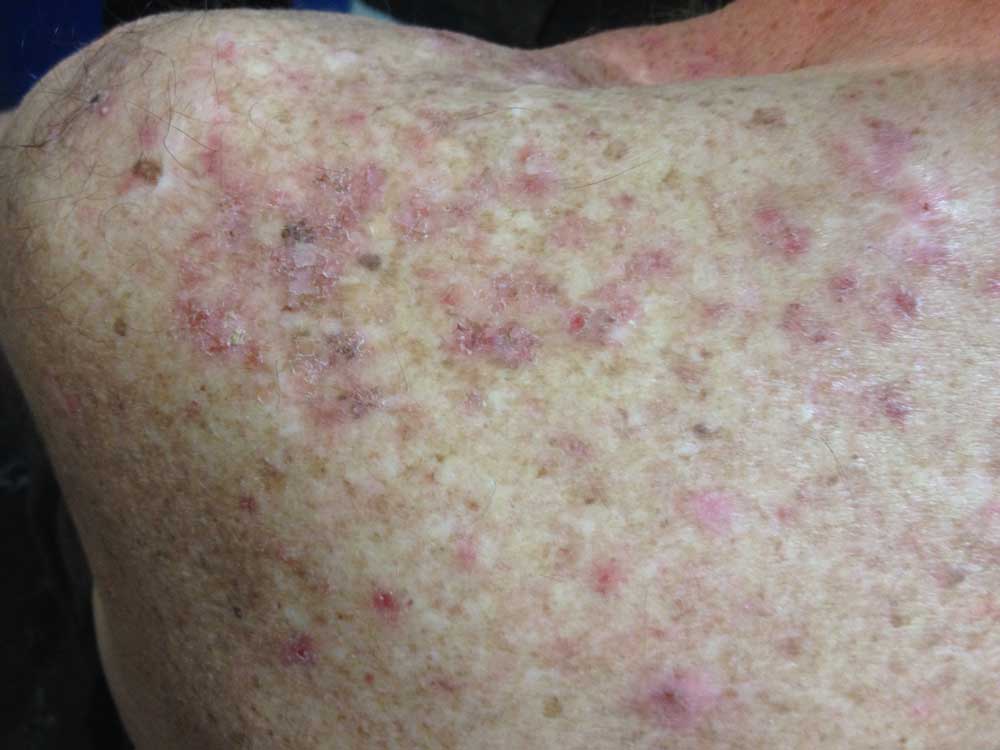
Below - Back view actinic keratosis/basal cell carcinoma patch after 10 weeks application of DHAA Vitamin C Serum
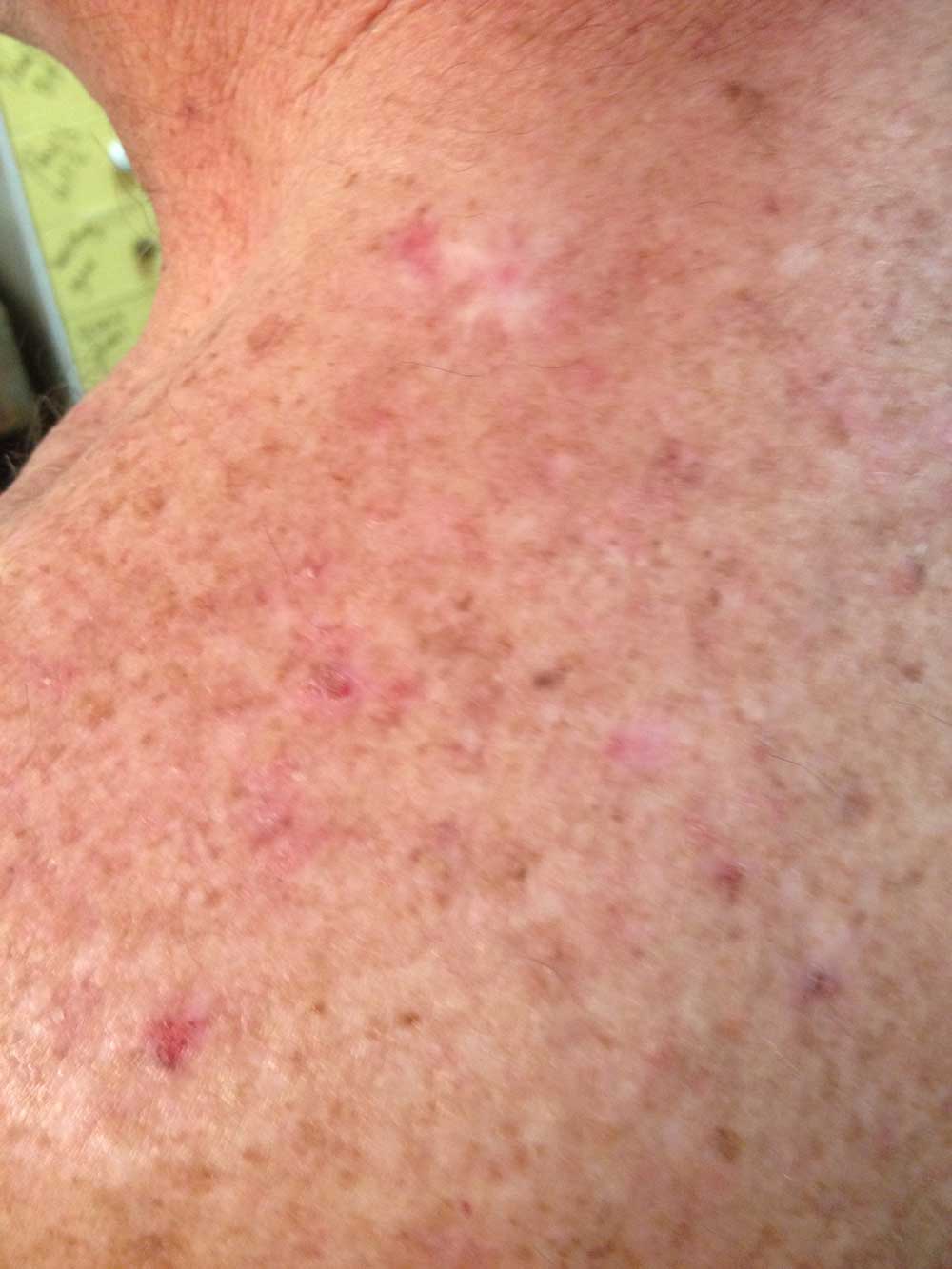
Below - Front View Actinic keratosis/basal cell carcinoma patch after 10 weeks application of DHAA Vitamin C Serum
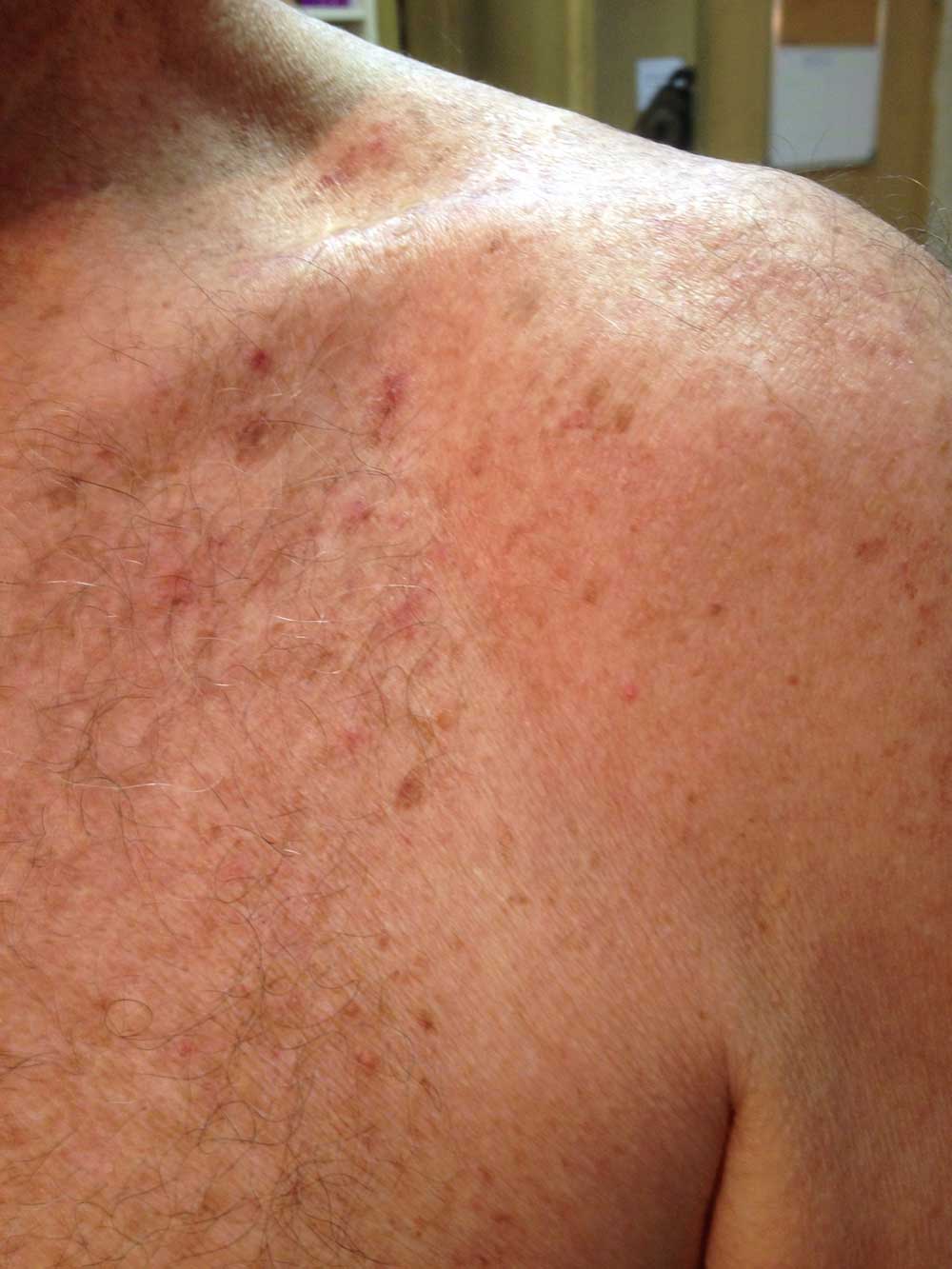
Below - Actinic keratosis/basal cell carcinoma patch before application of DHAA Vitamin C Serum
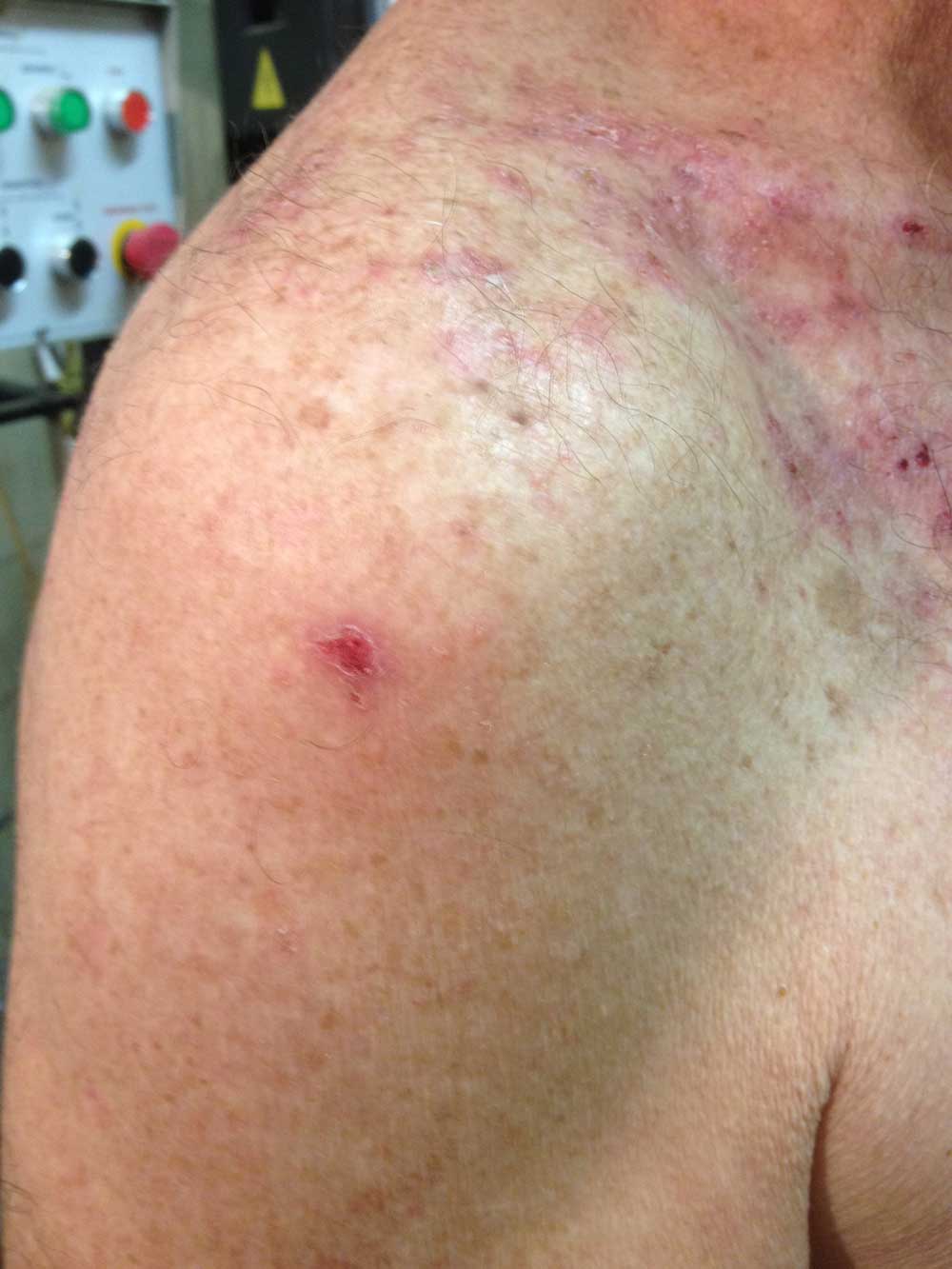
Below - Actinic keratosis/basal cell carcinoma patch after 10 weeks application of DHAA Vitamin C Serum
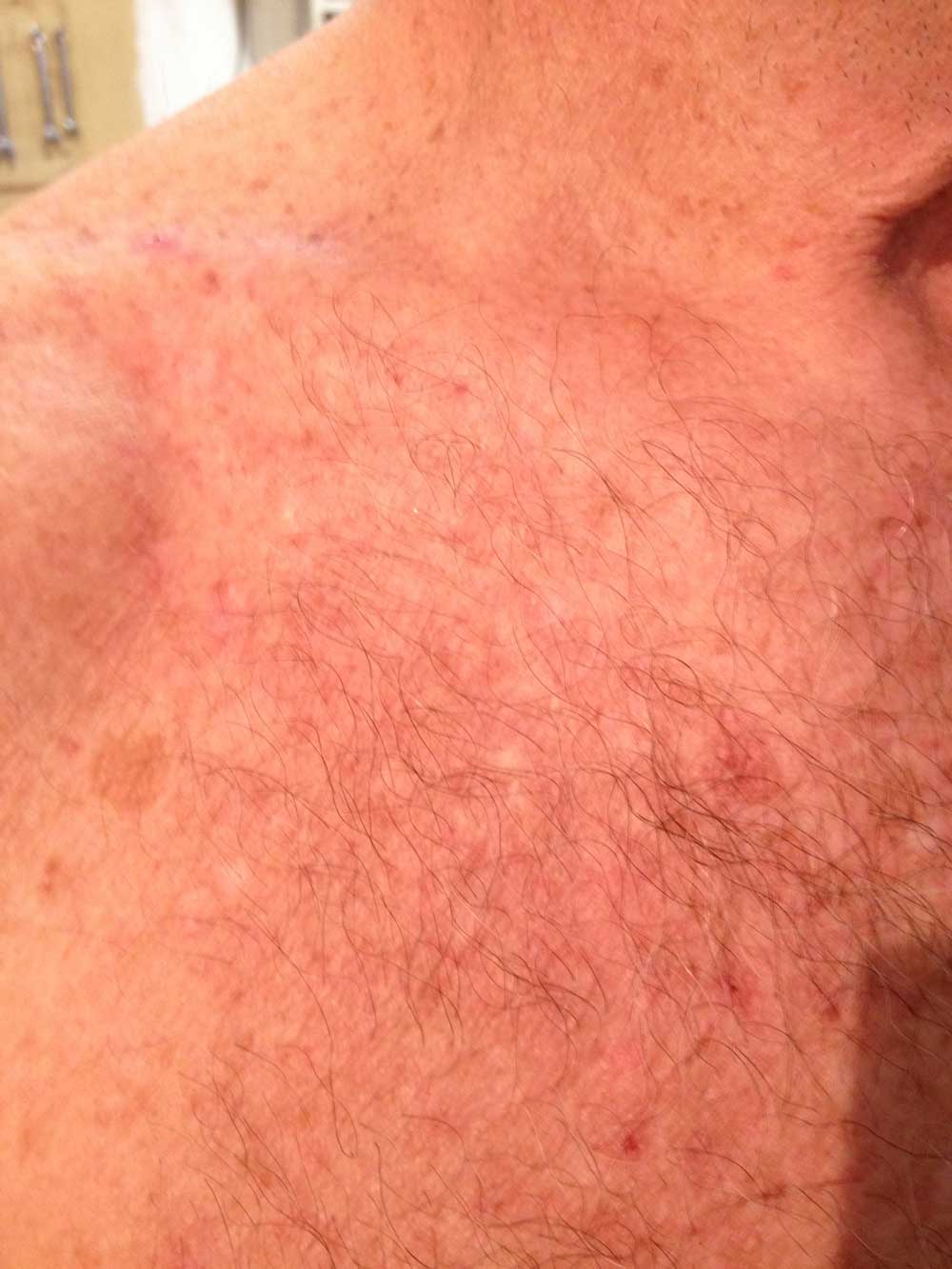
Below - Basal cell carcinoma patch before application of DHAA Vitamin C Serum
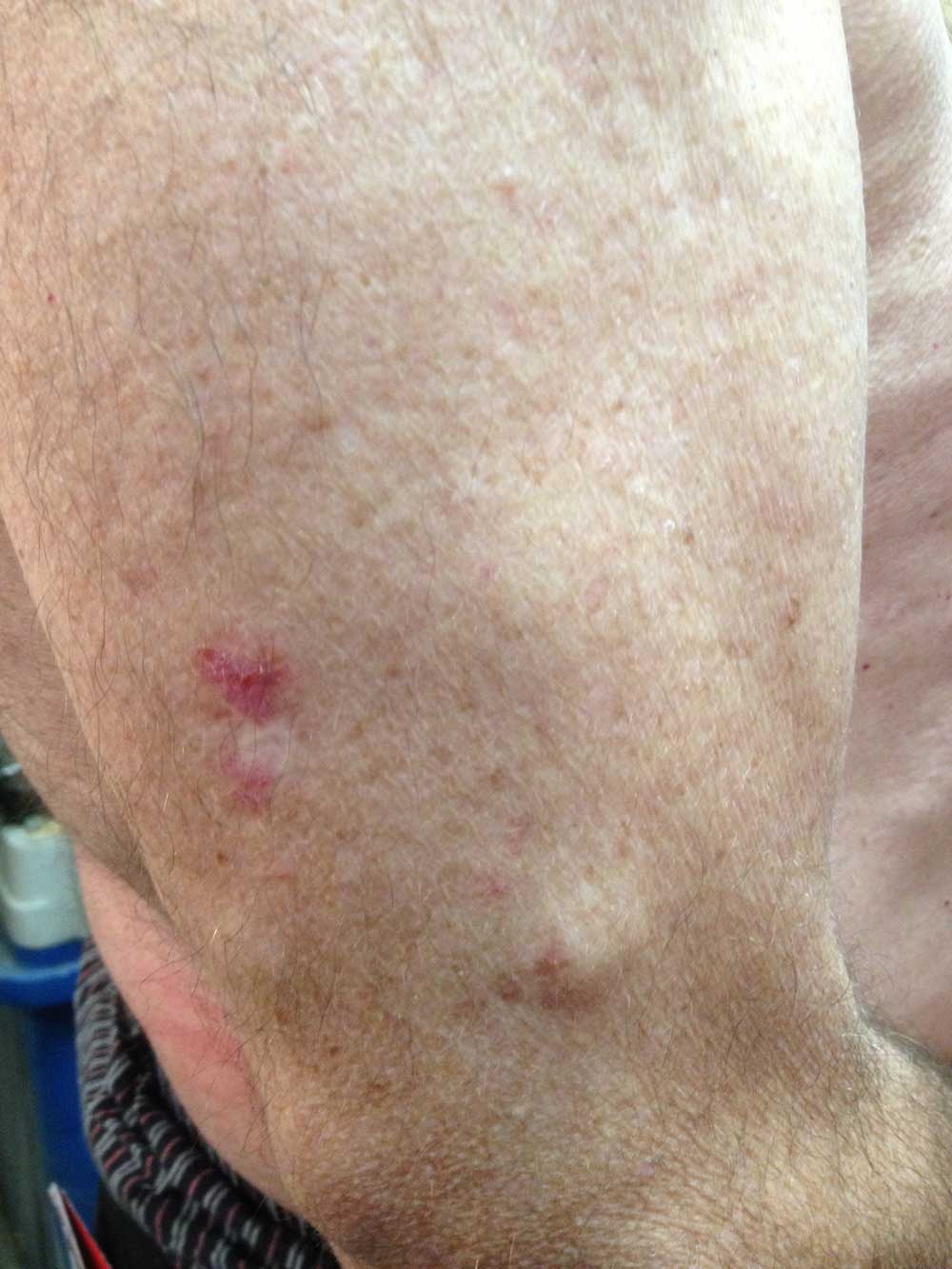
Below - Basal cell carcinoma patch after 10 weeks application of DHAA Vitamin C Serum
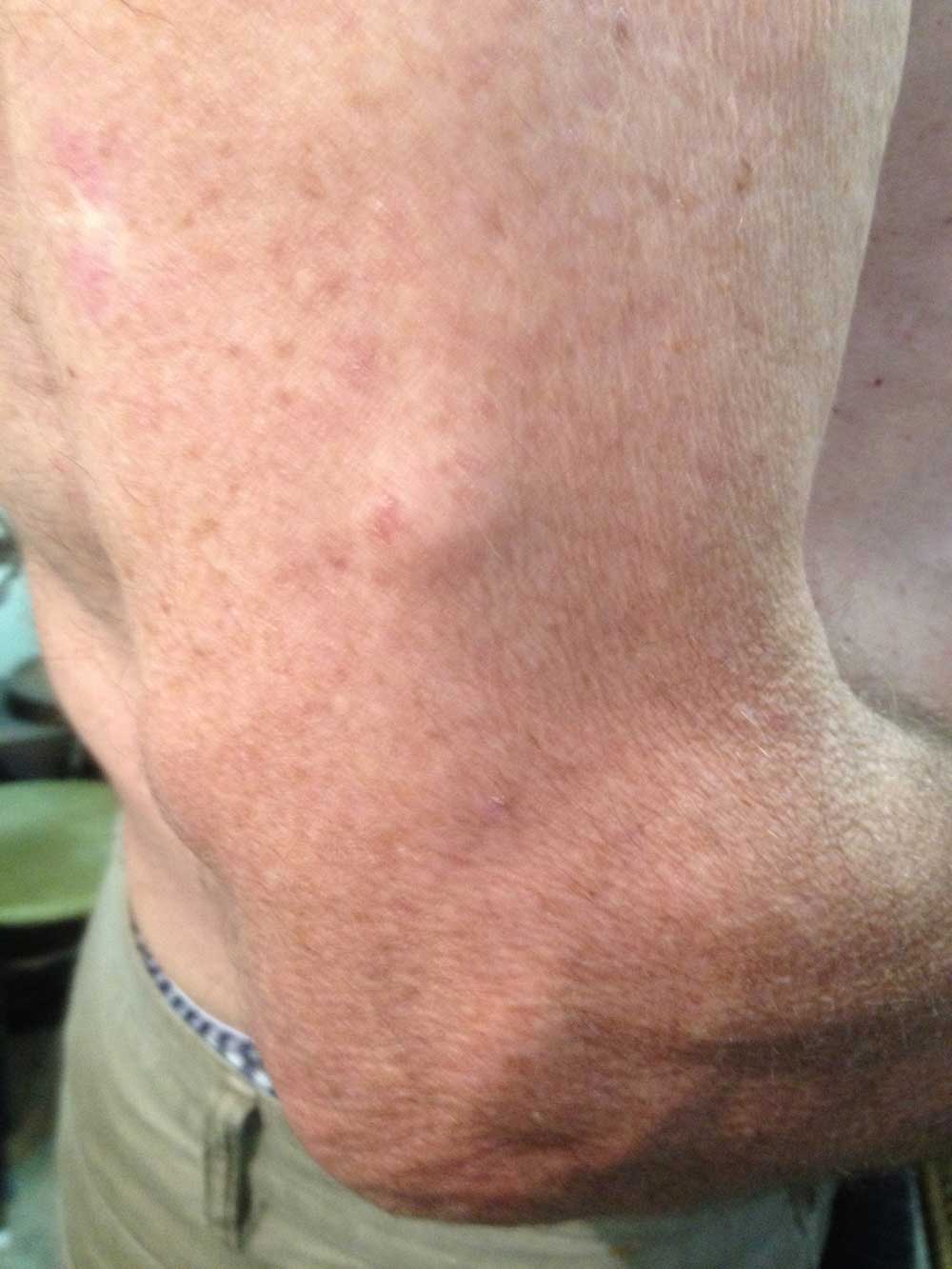
Below - Basal cell carcinoma patch before application of DHAA Vitamin C Serum
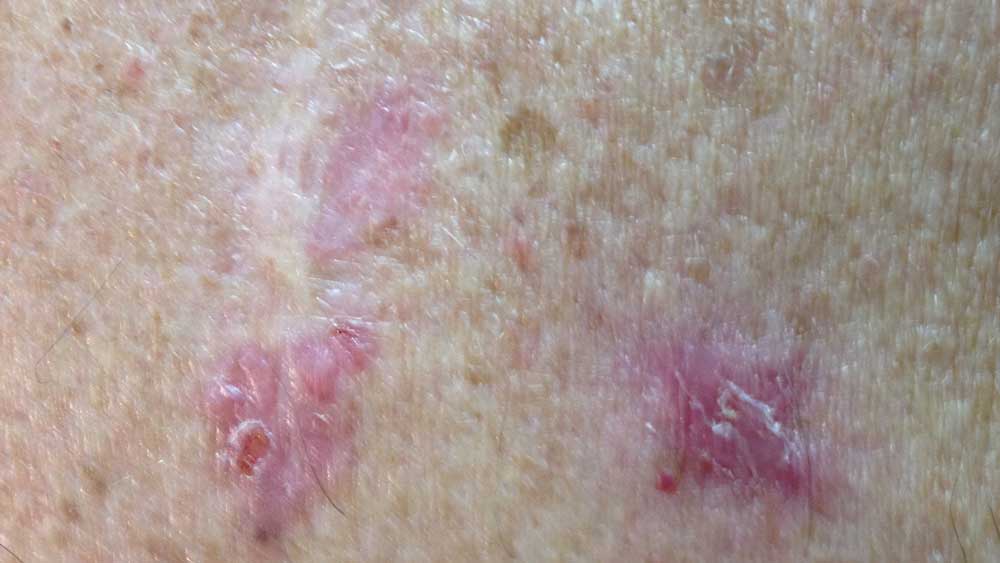
Below - Basal cell carcinoma patch after 10 weeks application of DHAA Vitamin C Serum
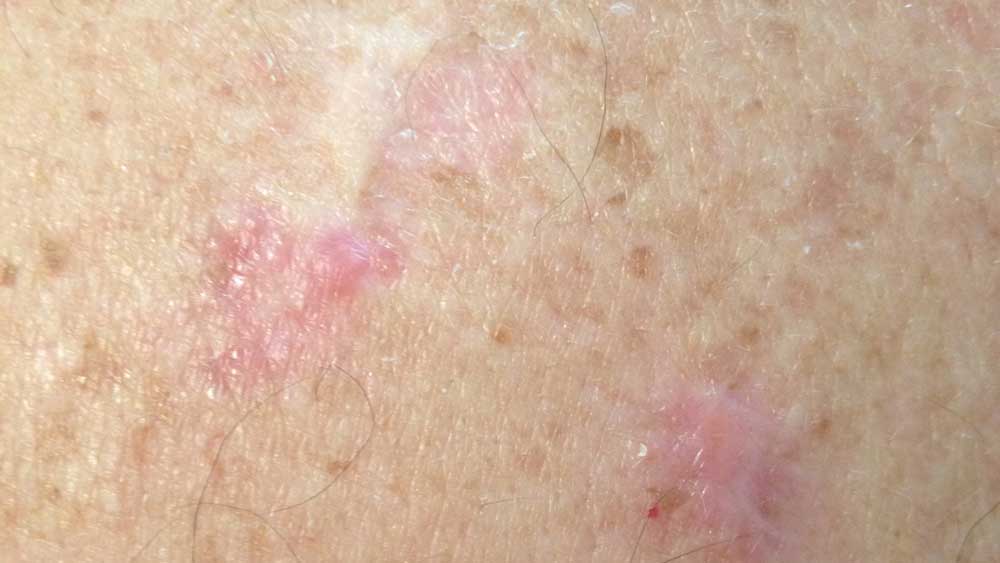 |
| 1 L A T E S T R E P L I E S (Newest First) |
| waverider |
Posted - 10/31/2017 : 16:12:58
I have always believed that the limiting factor to vitamin C therapy is the fact that the molecule is large and doesn't absorb well. Otherwise, vitamin C should be a very good weapon because it is obviously very toxic to BCC cells. I have gotten better results by always using the sodium ascorbate version of Vitamin C and always using it with DMSO.
It may be that DHAA is another step in that direction because it absorbs even more effectively. It's expensive but I look forward to further updates if you have them. |
|
|
| Skin Cancer Forum |
© 2025 www.topicalinfo.org |
 |
|
Disclaimer: The three most common types of skin cancer are basal cell carcinoma, squamous cell carcinoma, and melanoma. While melanoma is the most dangerous type, keep in mind that any cancer and potentially some cancer treatments can cause injury or death. The various views expressed in these public forums should not be considered as medical advice. See your qualified health-care professional for medical attention, advice, diagnosis, and treatments.

